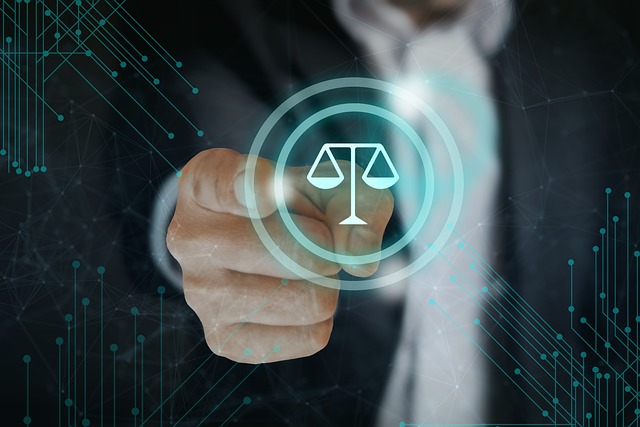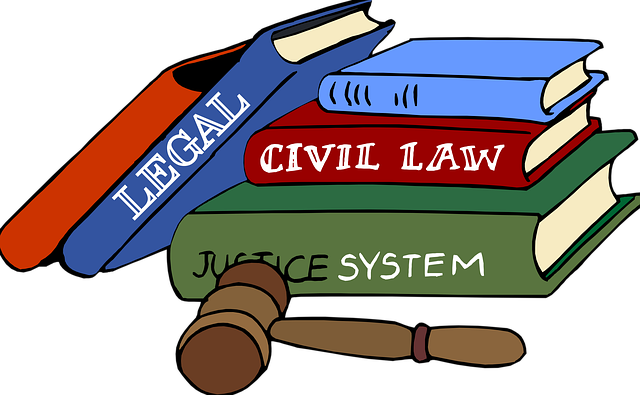Criminal law enforcement and employment law complaints share a common goal of justice through careful navigation of legal processes. The former ensures public safety by balancing investigation, charging, and court cases, while the latter protects individual rights through specific steps like identifying legal basis, gathering evidence, consulting experts, and filing with appropriate agencies. Understanding these procedures, particularly in complex cases, is vital for achieving fair outcomes, as demonstrated by the meticulous investigation process and post-complaint procedures in both systems.
“Delve into the intricate world of Criminal Law Enforcement with our comprehensive guide. Understanding the fundamentals, including the steps to file an employment law complaint, is crucial for both victims and legal professionals. We break down the process from initial reporting to post-complaint procedures, focusing on justice, accountability, and support. Learn how to navigate this complex landscape and exercise your legal rights effectively.”
- Understanding Criminal Law Enforcement: A Comprehensive Overview
- Steps to File an Employment Law Complaint: Your Legal Rights
- The Investigation Process: From Initial Reporting to Resolution
- Post-Complaint Procedures: Justice, Accountability, and Support for Victims
Understanding Criminal Law Enforcement: A Comprehensive Overview

Criminal Law Enforcement is a complex system designed to maintain societal order and justice. It involves a multifaceted approach, encompassing various steps and agencies working in harmony. At its core, understanding criminal law enforcement requires grasping the intricate balance between public safety, individual rights, and the rule of law. This system is tasked with investigating crimes, arresting perpetrators, and presenting cases in court, ultimately aiming to protect citizens and deter future illegal activities.
The process begins with a thorough investigation, where law enforcement officers, assisted by specialized agencies, gather evidence and witness statements. This crucial phase often determines the outcome of high-stakes cases, including those involving serious offenses or complex financial crimes. Once sufficient evidence is collected, the next step is to file charges, which can vary from minor misdemeanors to severe felonies. The accused then has the right to legal representation, where a general criminal defense strategy may be employed to avoid indictment or mitigate punishment. In critical situations, efficient navigation of these procedures is essential, and individuals should consider consulting legal experts early on, especially when facing employment law complaints, to ensure their rights are protected throughout the process.
Steps to File an Employment Law Complaint: Your Legal Rights

If you feel your employment rights have been violated, understanding the steps to file an employment law complaint is crucial. The first step is to identify the specific legal basis for your claim, whether it’s discrimination, harassment, retaliation, or breach of contract. Gather all relevant documents and evidence that support your case, such as employment contracts, pay stubs, and any correspondence related to your employment.
Next, research the appropriate state or federal agency responsible for handling employment law complaints. This could be a government-run labor department or an independent regulatory body. File your complaint in writing, providing detailed information about the violation(s) and the damages you’ve incurred. Once filed, ensure you maintain all communications related to your case, including any responses from the employing entity. For high-stakes cases involving complex issues, consider consulting with a lawyer specializing in employment law to secure an unprecedented track record of success for corporate and individual clients.
The Investigation Process: From Initial Reporting to Resolution

The investigation process in criminal law enforcement is a meticulous journey that transforms initial reports into resolute outcomes. It begins with the receipt of a complaint, whether from an aggrieved party or a concerned citizen, detailing alleged misconduct or crime. This critical step serves as the foundation for the ensuing probe, compelling investigators to gather evidence, conduct interviews, and analyze facts. The process involves navigating complex legal frameworks, ensuring due process is followed, and maintaining the integrity of the investigation.
As the inquiry progresses, law enforcement agencies meticulously document findings, evaluate strengths and weaknesses of the case, and formulate strategies for resolution. This comprehensive approach ensures that all stages of the investigative and enforcement process are managed efficiently. For both corporate and individual clients alike, achieving extraordinary results necessitates a thorough understanding of legal rights and obligations. By adhering to these steps to file an employment law complaint, agencies can effectively address wrongdoings while upholding the rule of law.
Post-Complaint Procedures: Justice, Accountability, and Support for Victims

After a complaint is filed, the criminal justice system initiates a series of post-complaint procedures designed to ensure justice, accountability, and support for victims. This process involves several crucial steps, including an investigation to gather evidence, a review by prosecutors to determine the strength of the case, and eventually, a decision on whether to file formal charges. Throughout this journey, victims’ rights and needs are paramount, with dedicated support services available to help them navigate the legal system.
A key aspect of post-complaint procedures is the balance between achieving justice for the victim and mounting a winning challenging defense verdict for the accused, especially in cases involving white collar offenses. The respective business practices and decisions of individuals and entities are scrutinized to uncover potential criminal liability. This meticulous process underscores the commitment to upholding the law and ensuring that those who commit crimes face consequences while also providing a fair and transparent system for all involved.
Understanding criminal law enforcement involves navigating complex processes from filing complaints to investigations and resolution. For those facing employment law issues, knowing the specific steps to file a complaint is crucial for seeking justice. By familiarizing themselves with these procedures, individuals can ensure their rights are protected, fostering accountability and providing support for victims. Remember, the first step towards change often begins with taking action, as outlined in our discussion on the steps to file an employment law complaint.






